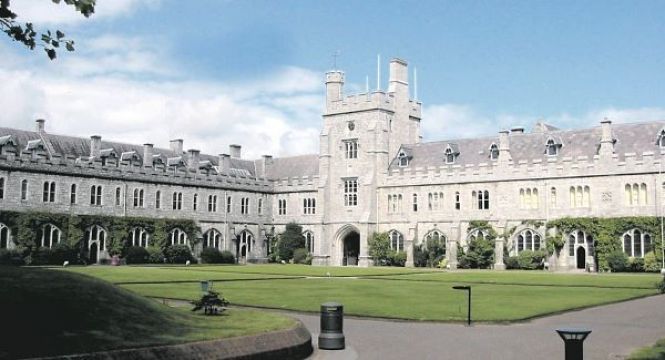The Supreme Court has directed a rehearing in the High Court of aspects of the marathon litigation between University College Cork and the ESB concerning liability for extensive flood damage to buildings on the college campus in 2009.
Some 400 other cases taken against the ESB over the flooding are likely to remain on hold pending the rehearing.
A 4/1 majority Supreme Court had ruled in July 2019 the ESB was guilty of negligence concerning the flooding. It remitted matters for further consideration by the High Court in light of that finding. It later heard a cross-appeal by ESB concerning whether UCC also has a liability.
The ESB had argued some of the damaged buildings, including the Western Gateway building which was completed in 2009, were built on a site “notorious for flooding” and that the High Court was correct to find contributory negligence on the part of UCC, which the High Court measured at 40 per cent.
Contribution
The Supreme Court had said it was open to the ESB to argue for a higher percentage of contribution while also acknowledging that two bases on which the High Court reached the 40 per cent are no longer in the picture.
Giving judgment on the cross-appeal on Thursday, the Chief Justice, Mr Justice Frank Clarke, said the court had concluded it should send aspects of the matter back for rehearing.
He said some, but not all, of the bases on which the High Court had determined UCC was guilty of contributory negligence are sustained on the evidence.
He was not persuaded the ESB could rely on section 35.1 of the Civil Liability Act 1961 as a means of seeking to fix UCC with liability in contributory negligence for the actions of UCC’s professional advisers. No regard can now be had to any such negligence in determining the extent of contributory negligence on the part of UCC.
Causation
He said it is also possible, “although it is not necessarily the case”, that the question of causation of the flood damage may have to be revisited by the High Court because a previous Supreme Court judgment in the case imposed a different duty of care on the ESB than that found originally by the High Court.
It followed it is possible the consequences caused by a breach of that duty of care may differ from the consequences caused by the duty of care identified by the High Court, he said.
In the circumstances, it would not be appropriate for the Supreme Court to now seek to reach a definite conclusion as to apportioning liability between the ESB and UCC and it would remit the matter to the High Court.
The Chief Justice said the court’s judgment set out the matters which it considers remain for debate in the hope that would assist in ensuring the long-running proceedings are brought to a close as soon as possible.
The president of the High Court will decide whether the rehearing should be before Mr Justice Max Barrett, who had heard the first High Court case, or another High Court judge, he added.
UCC insurer
The litigation by UCC stems from a subrogated claim against the ESB on behalf of UCC’s insurer Aviva.
UCC claimed the ESB's management of water releases from two hydro-electric dams on the River Lee led to significant unnecessary additional flooding causing substantial damage to 29 buildings on its campus in 2009.
Aviva sought some €20 million damages for losses at UCC, plus another €14 million for losses suffered by other property owners.

The litigation went to the Supreme Court after the Court of Appeal overturned findings by the High Court of 60 per cent liability on the ESB's part and of 40 per cent contributory negligence on UCC's part.
The Supreme Court decided it should first determine whether the ESB had a liability and in July 2019 found by four to one the ESB was guilty of negligence in relation to the flood damage to buildings on the UCC campus.
Four judges concluded the ESB had a liability on the basis the case was an exception to the general principle an individual did not owe a duty of care to prevent harm to another caused by actions of a third party.
Dissenting, Mr Justice Donal O'Donnell said the flooding was caused by the River Lee, not any positive act by the ESB, and there was "no compelling reason" why the cost of flooding to UCC "should be shifted from insurers who had agreed to be responsible for that very risk and placed upon the ESB and its customers".







